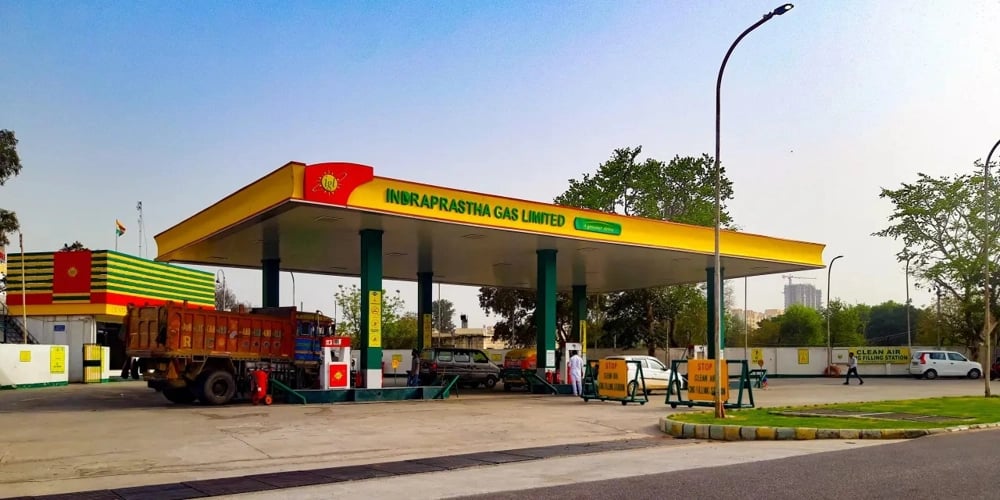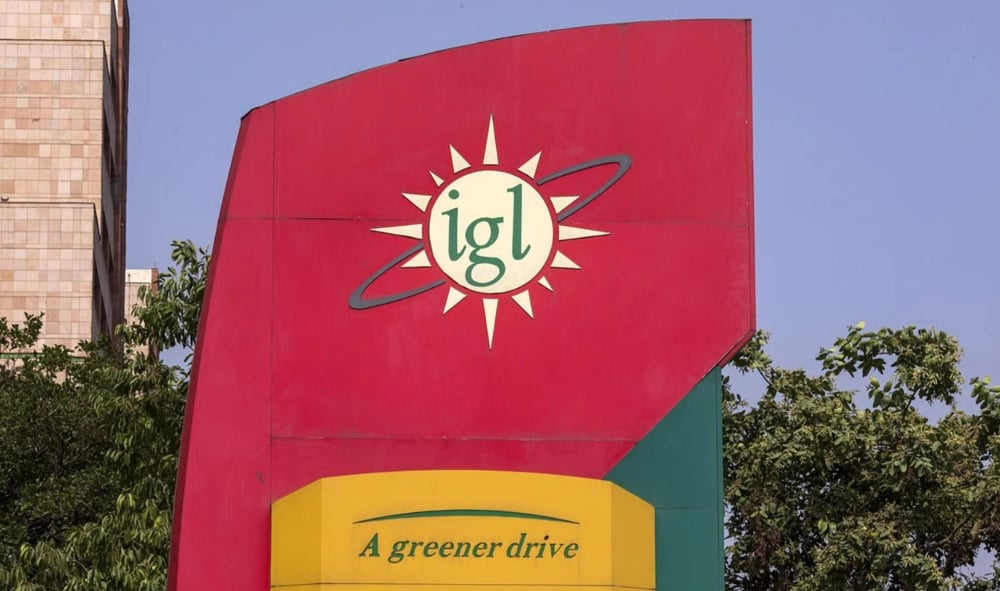IGL Shares Rise as Delhi Government Signals Easing of EV Policy
Shares of Indraprastha Gas Ltd. $IGL.NS advanced by 3% on June 16, following reports that the Delhi government is likely to ease the timeline for phasing out conventional fuel vehicles under its electric mobility strategy. The potential policy revision, first reported by the Hindustan Times, has improved sentiment around IGL’s medium-term gas distribution outlook, particularly in the public transport and last-mile delivery segments. The reaction in IGL’s stock reflects a reassessment of downside risks previously priced in due to aggressive electrification mandates that threatened compressed natural gas (CNG) demand in key urban corridors.
Scope of Policy Reconsideration
The current EV framework, introduced in 2023, imposes strict operational and licensing criteria for fleet operators, aggregators, and e-commerce delivery firms with more than 25 vehicles. However, the Delhi government is reportedly reconsidering the following aspects of the policy:
Extension of deadlines for converting gasoline and gas-powered fleets to electric;
Relaxation of compliance timelines for ride-hailing and delivery operators;
Introduction of peak fare caps for aggregator pricing models;
Gradual enforcement of EV fleet quotas.
Such adjustments may result in a more balanced energy transition, preserving near-term CNG consumption patterns while still promoting long-term EV adoption.

Strategic Implications for IGL
IGL, a leading city gas distribution company, derives a substantial portion of its volumes from the transport sector, particularly CNG-fueled vehicles used by ride-hailing services, taxis, and delivery vans. The prospect of a delayed policy shift lowers the likelihood of an abrupt demand contraction, providing the company with a more stable operating environment. According to brokerage firm Citi, the evolving regulatory stance supports IGL’s earnings visibility. Citi has maintained its “Buy” rating on the stock, with a price target of INR 250, reflecting confidence in its volumetric growth and margin resilience despite longer-term structural shifts in urban mobility.
Broader Industry Relevance
The policy reassessment also reflects the government’s sensitivity to industry feedback and operational constraints. Logistics and mobility aggregators had raised concerns about the high upfront cost of EVs, charging infrastructure gaps, and insufficient vehicle supply. By addressing these issues, regulators may foster a more coordinated and feasible adoption path. Moreover, the softened stance could extend the investment horizon for companies operating in the CNG and hybrid vehicle ecosystems, providing clarity for capital allocation decisions and infrastructure expansion plans.

Conclusion: Regulatory Moderation Supports Transitional Stability
The Delhi government’s likely pivot on EV implementation timelines marks a significant development for stakeholders in the alternative fuels and transport sectors. For Indraprastha Gas Ltd., the expected relaxation alleviates immediate downside pressures, reinforcing market confidence in the company’s operating model. While the transition to electric mobility remains a structural trend, calibrated policymaking appears to be the preferred approach, allowing legacy fuel systems to remain viable in the medium term.















Comments
This sale could significantly influence the trajectory of automation in the technology sector